Despite obvious similarities in genre, Skate was never just a rip-off of Tony Hawk’s Pro Skater. We’ve seen plenty of games inspired by others experience great success, often earning the label ‘spiritual successor’ in the process, but Skate didn’t walk that path. In fact, Helskate (currently in early access), is far closer to Tony Hawk’s despite also adding in roguelike and beat ’em up mechanics. Skate is its own thing. But is it doing the right thing?
Skate is a far more technically proficient series. Anyone who has ever attempted to skate, possibly after playing either THPS or Skate, will know that even doing an ollie is an achievement and grinding on a rail is not for those without years of experience and bags of bravery. It’s a far cry from the 540 McTwist to 720 Melon into Revert then Nosemanual to F-50 to 360 Heelflip lines you can pull off in THPS after playing for around 15 minutes.
Though I was a far better skater in Skate than I was in real life (in that I could move forward without falling over), there was more control and precision needed. In fact, despite clearly being the PES to THPS’ FIFA, there are far more spiritual successors to Skate’s more methodical approach today. Skater XL, Session, and Skate City are all more focussed on realism than arcadey tricks.
Skate Does Not Suit Live-Service Free To Play
This is why a new Skate delights me, and the new direction worries me. I would love a new THPS, and in all truth do prefer it to Skate, but Skate is its own thing, and the limited amount we’ve seen from it so far seems to be committing to that. In an age where games are increasingly based around instant gratification and player retention, the pop punk sugar high of THPS seems a better bet, yet Skate is sticking with providing a more nutritionally balanced skate sim.
However, I’m not sure how this squares with its free to play ambitions. I’m generally wary of any free to play game, especially for a series that has previously operated on a ‘you buy it and you own it’ model. A string of high profile failures, leading to two catastrophic blowouts last year (Concord was a flop for the ages given its budget and short life cycle), has not eased my concern. In some ways, it’s bigger than Skate – there are too many free to play games for them all to survive and the industry committing to the model wholesale is damaging its ability to create great experiences.
But in another way, it’s all about Skate. I would hate to see Tony Hawk’s Pro Skater go in the live-service direction – it would be like your favourite sports player leaving for a direct rival, or maybe a more nerdy reference. Walking in on your best friend and your most-used body pillow, I guess. The point is, it would sting emotionally. I would be devastated. But I would understand. I know the joy that body pillow has brought me over the years and I understand why someone else would want that for themselves.
The high octane gameplay of THPS, where each level is full of dramatic gaps and ramps, does suit live-service (at least as much as any existing game does, which is still ‘not very well’). The fast action, level variety, and arcade nature of THPS, not to mention its long history with multiplayer, would make more sense. Skate, which is slower, more methodical, and a far more individualised experience, doesn’t seem to link up as well.
There Is A Better Path To Skate 4
There are some arguments in favour of going free-to-play (namely that you personally won’t need to shell out and it might attract younger players), but neither of those convince me. I like Skate enough to make room in my budget for a fully fledged Skate 4, especially if that means I get a full, complete game made with care instead of the first season of a game that doesn’t quite work yet and requires me to constantly compete with other players in an ever-changing meta.
As for younger players, why in the Skibidi Toilet would I care what teenagers are playing when they put down their phones for long enough to join the rest of us in the real world? I understand that games need as big an audience as possible to succeed, but risking alienating loyal Millennial fans who grew up with the series to court the three-second long attention span of Zoomers, in a game appealing to a subcultural movement from the late ’90s, and aimed at technically proficient control does not seem like a smart move.
I know things are never this easy, but all you need to do is make Skate 4. Make it good, and make it at a low cost – we don’t care about ray tracing. Sell that game. People buy that game. Profit. The fear, of course, is that not enough people ‘buy that game’. But as a result, the former descriptors change too. It’s not Skate 4, the jury’s still out on whether it’s good, and the game is entering its fifth year of development, with development set to continue after launch to sustain the regular updates required to survive in a live-service world. That’s not cheap.
Ultimately, as the new Skate enters another round of playtests and nears release, I’m looking to the game more in hope than expectation. This is not Skate 4. It never has been. That may prove to be its undoing.
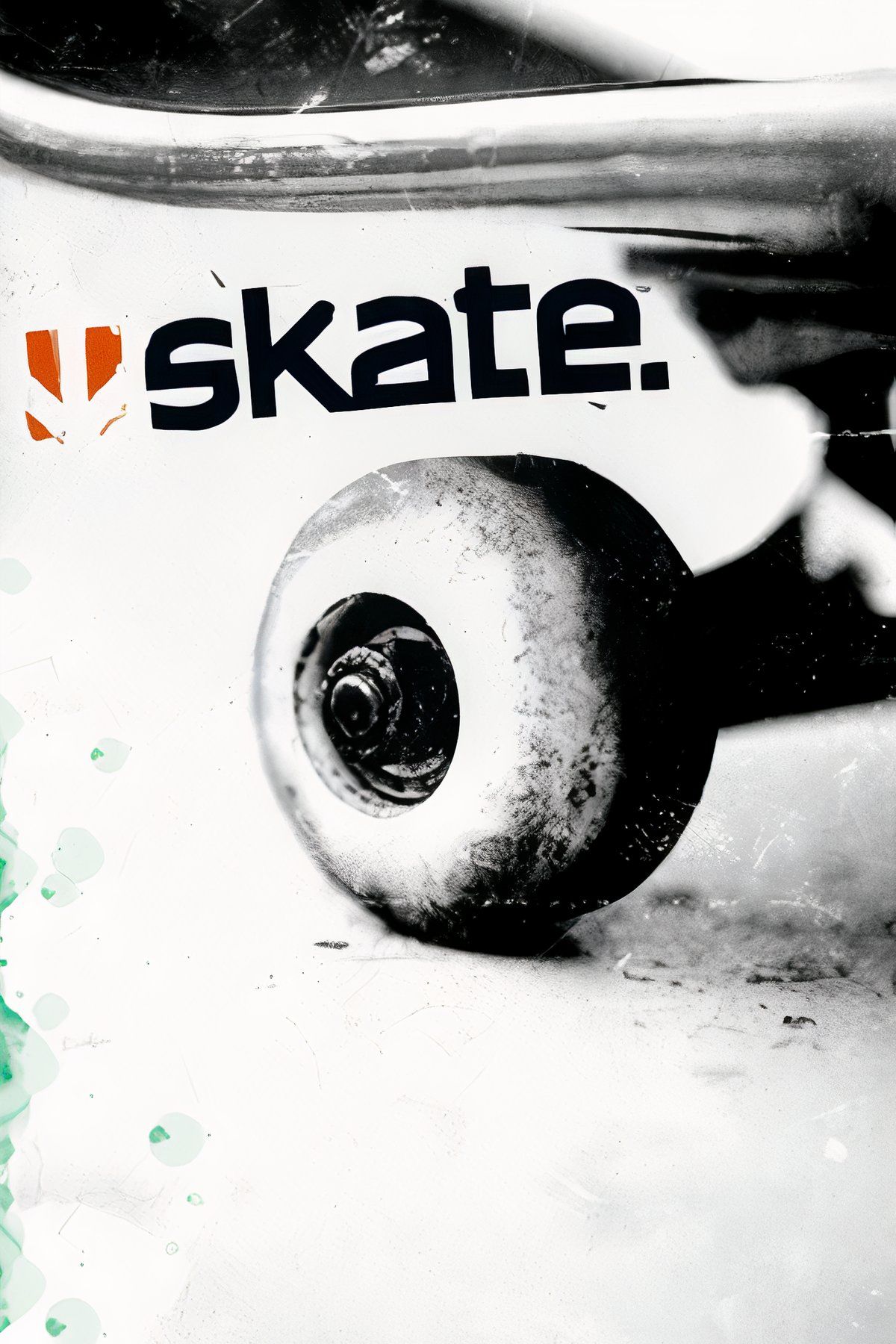
skate.
- Released
-
September 14, 2007
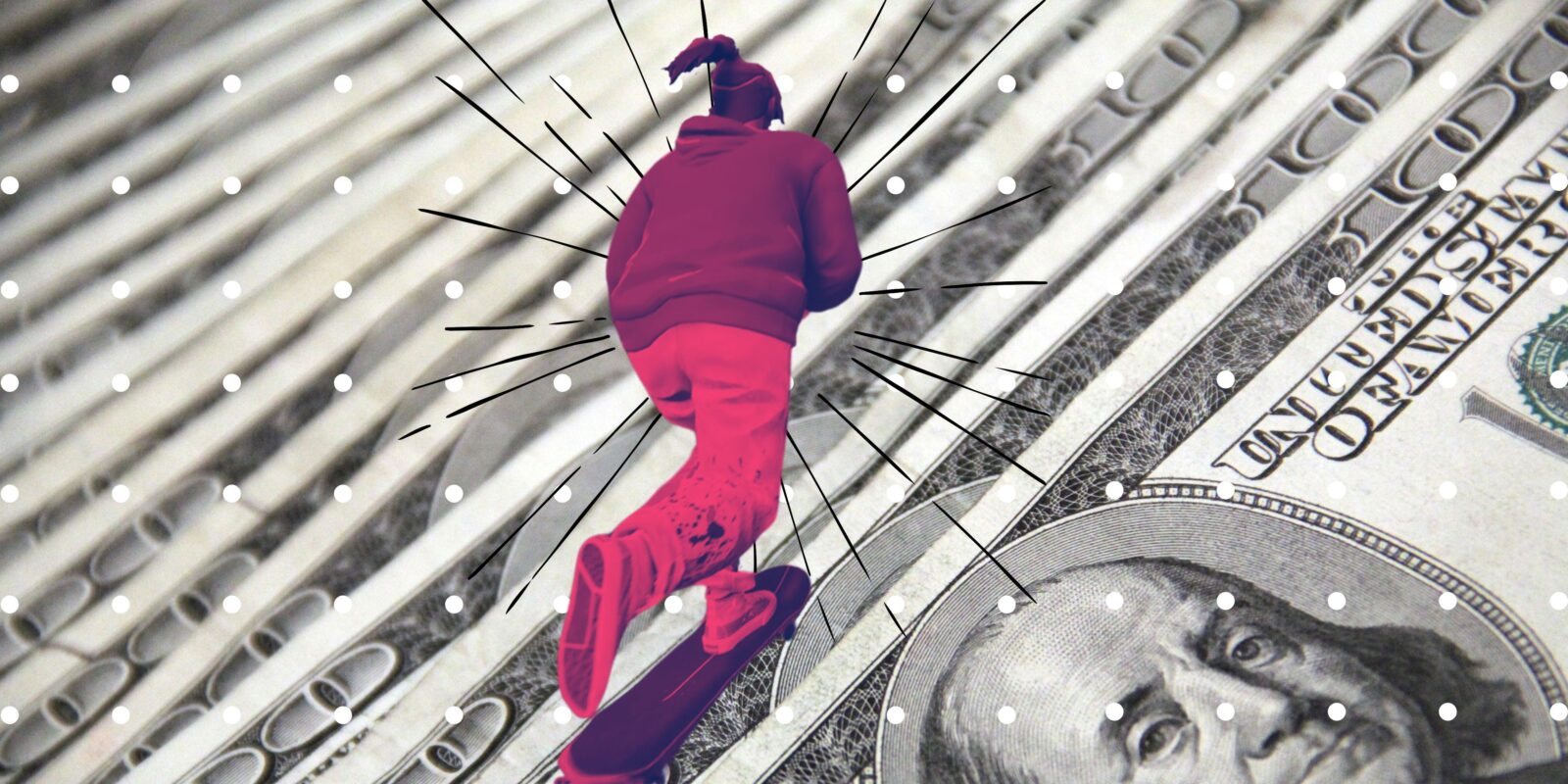

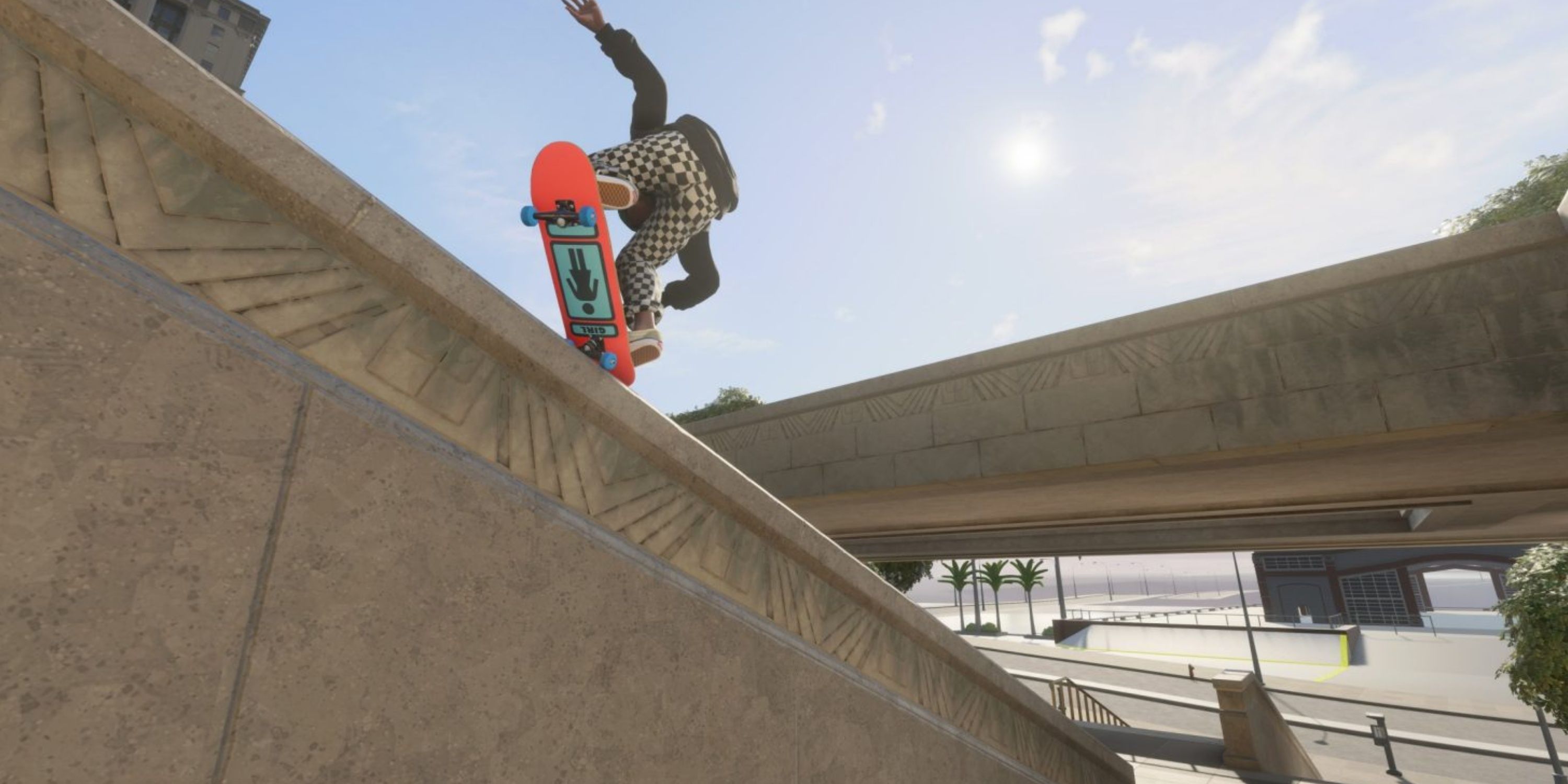
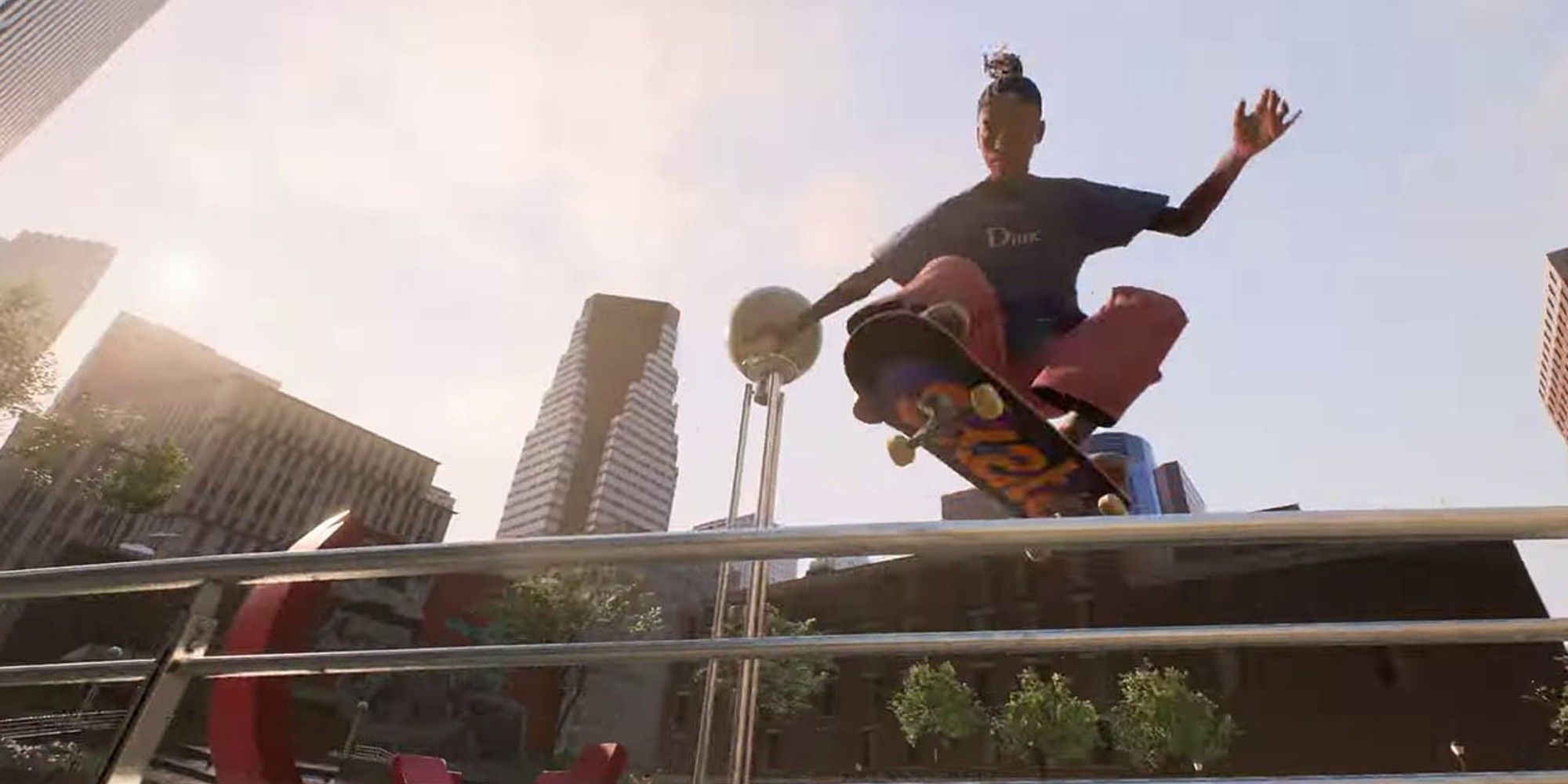



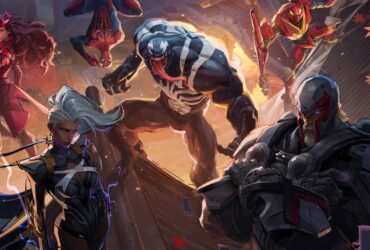





Leave a Reply